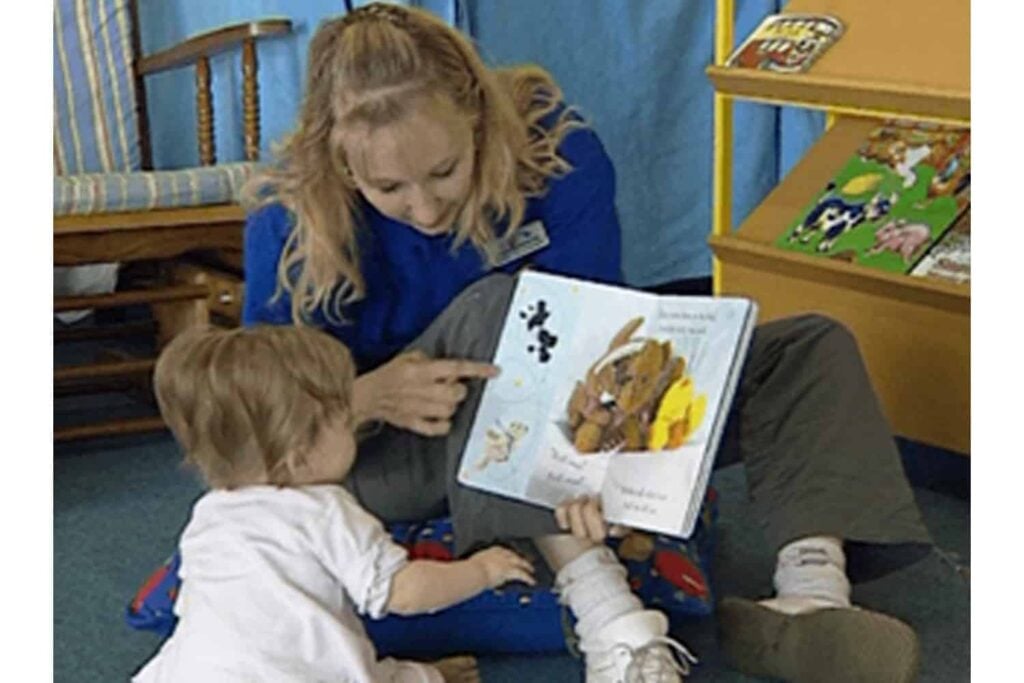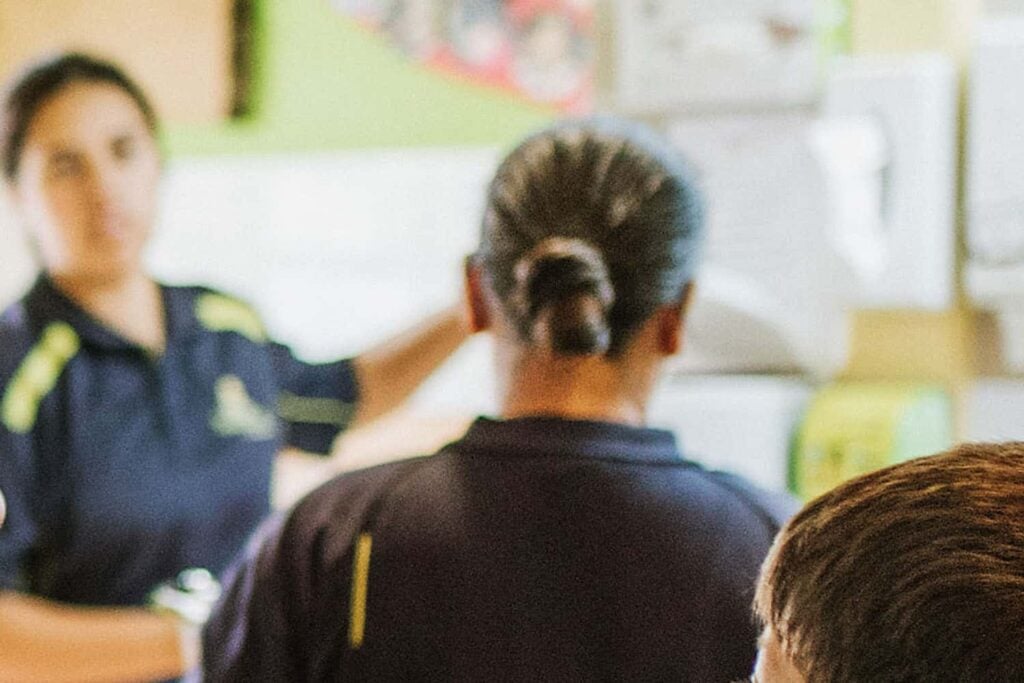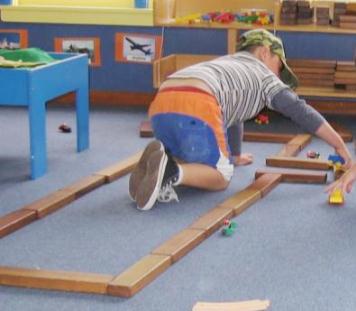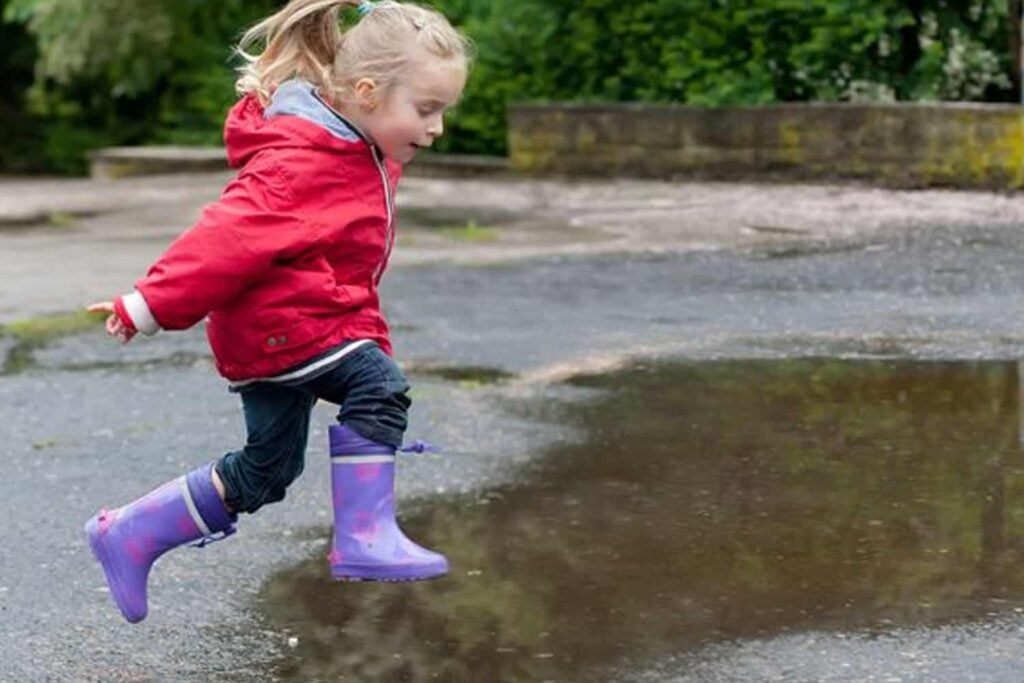Devaluing the ECE Teaching Qualification.
By David Haynes.
September 15, 2020.
The Early Learning Action Plan (the ELAP) has, as its third objective: “Teaching staff are well qualified, diverse, culturally competent and valued”. This objective includes this statement: “Initial teacher education (ITE) equips teachers to effectively implement the early learning curriculum, Te Whāriki, for all children.”
This makes it sound as if the government values your ECE teaching qualification, but actions speak louder than words.
Following on from the recent change to the qualification requirements for a person responsible, it is now possible to have a teacher-led centre to open without there being a single ECE qualified teacher on site.
One might hope that the ELAP would help us work towards having a high percentage of ECE qualified teachers in centres, but the Minister has pointed out that this is not necessarily going to be the case. In a letter discussing person responsible dated 16th July 2020 the Minister has stated: “Action 3.1 of the Early Learning Action Plan refers to ‘qualified teachers’ and ‘certificated teachers’ rather than ECE qualified teachers. Certificated teachers can be both ECE and primary qualified teachers who hold a practising certificate.”
When you read the ELAP and saw the phrase ‘qualified teacher’ did you assume that it was talking about an ECE qualified teacher? I certainly did, but the Minister says that is not the case. He sees ECE and primary teaching qualifications as interchangeable.

The research is clear; teachers with ECE training enhance the quality of ECE. The Minister’s actions are clear; when it comes to staffing ECE services he does not see any difference between a teacher with training in early childhood and a teacher trained to teach older children in schools. If he did then he would never have asked Cabinet to approve the change to person responsible.
Does this matter? After all, you will all know some primary qualified teachers who are brilliant working with young children. You will also know some unqualified kaiako who are brilliant working with young children, but you wouldn’t use that as an argument to get rid of ECE teaching qualifications.
To guarantee that more than 50% of teachers working with children in early childhood centres are qualified teachers with ECE training, the Regulations must be amended – but there is no specific mention of changing the 50% requirement in the ELAP. We all thought that would be covered by Action 3.1, but it is not.
If you feel that the Minister is devaluing the ECE qualification and should value the contribution your ECE teaching makes, write to him. Write to your MP. Write to all the political parties’ education spokespeople.
Comment added by Hugo van Stratum: I know from working with Primary Trained teachers that they have to learn the ECE ropes. They need to learn the structure and organisation of ECE which has a very different flavour from that of primary. The rules and regulations working approach are quite specific to ECE. New entrant teacher experience would be a good standard of what is expected from a primary teacher as they are quite specialised teachers in Primary. Even then my one year ECE Graduate diploma was a great help to give me a secure foot into ECE.









